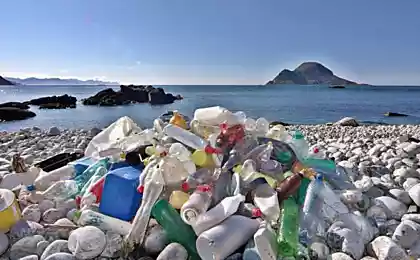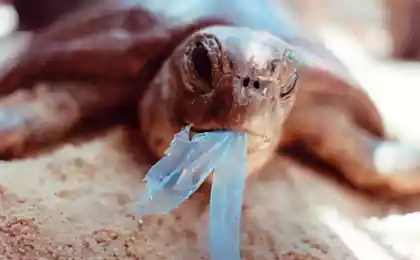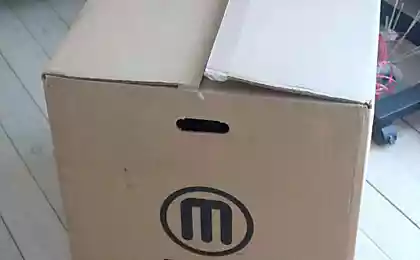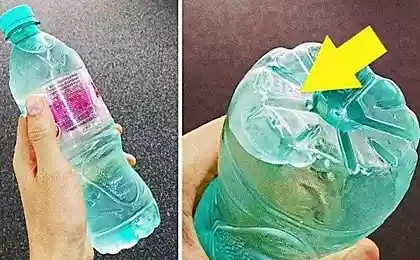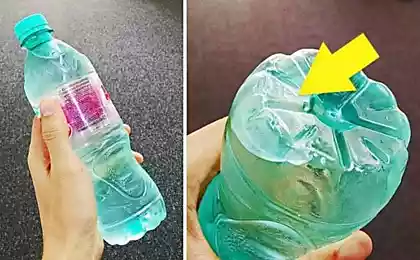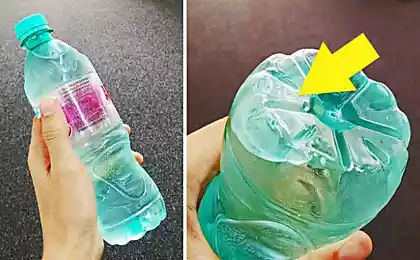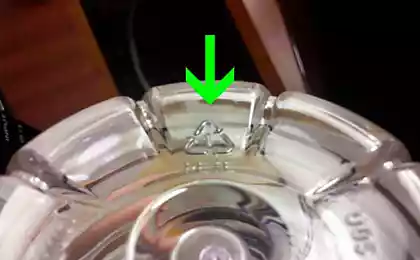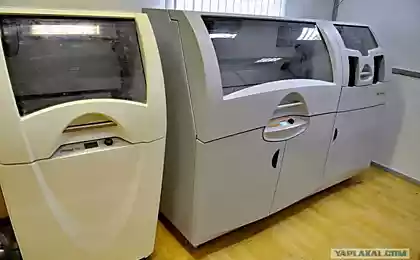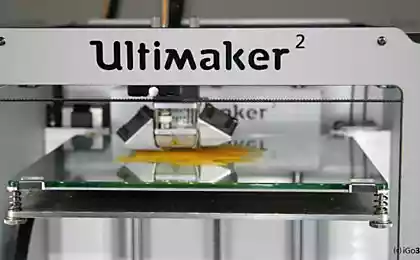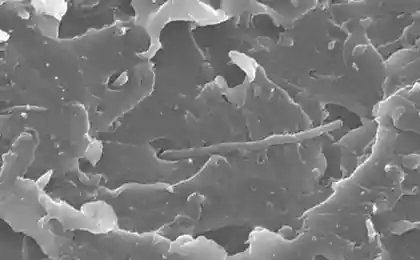796
Plastics – revolutionary invention
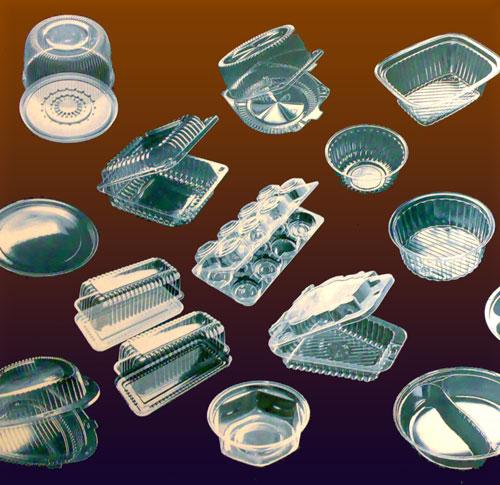
It is difficult today to imagine the world a century ago there were no plastic.
It is difficult today to imagine the world a century ago there were no plastic. Just go to any shop, make sure all goods are Packed in plastic containers, all the Windows are made of plastic. At home and at work, too, the picture is not changed – computers, pens, telephones – much of what surrounds us in everyday life, is made of plastic. Plastic quickly and inexorably absorbed by the modern world. How he achieved such popularity and why is it every year is only growing?
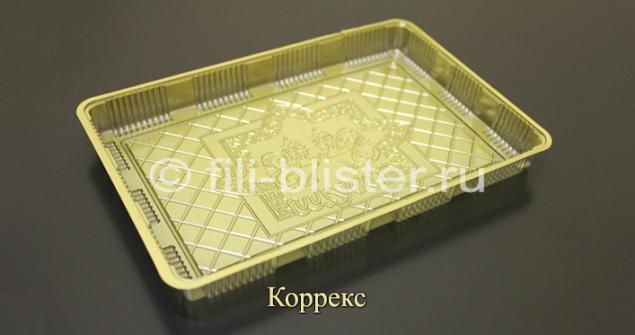
Surprisingly, the invention of plastic humankind has pushed the love for the game ball. In the second century ad appeared the first players in Greece. Of course, they didn't have the technology to create any ball, so they played... the gall bladder of the pig. The Greeks filled him with air, tried to give him the most round shape, greased with vegetable broths to impart elasticity. But nothing helped.
Closer to the truth was the Mayans and the people of Oceania. They wrapped the peel in the fruits rubber, which is the ancestor of plastic. But only in the nineteenth century, gutta-percha tree was brought to Europe and had launched production of gutta-percha. The first product from this material was the Golf ball.
The next step on the way to the production of plastics made by Alexander Parkes in 1862 by. Trying to find alternatives to billiard balls made of ivory, he invented the world's first semi-synthetic plastic – parkesine. But, unfortunately, his work was not appreciated by his contemporaries.
The idea of the Parkes picked up John Hite, rationally assess the potential of the invention of the predecessor. He became the founder of the first company, which engaged in the manufacture of celluloid. Made all sorts of things – combs, toys. But it was soon discovered a big drawback of the material is extremely flammable.
Finally, in 1907, a scientist Leo Baekeland of US found the formula of the synthetic plastic. He was looking for a replacement for shellac, which on an industrial scale left on gramophone discs and insulators. His plastic was created the first phone. Revolutionary invention in the course of the year spread in all countries of the world.
But the first plastic is hardly possible to compare with the current, which is used by all manufacturers of plastic packaging, including Fili-Blister. Widespread bioplastics – it does not take non-renewable resources of the earth and it is easier to recycle.


